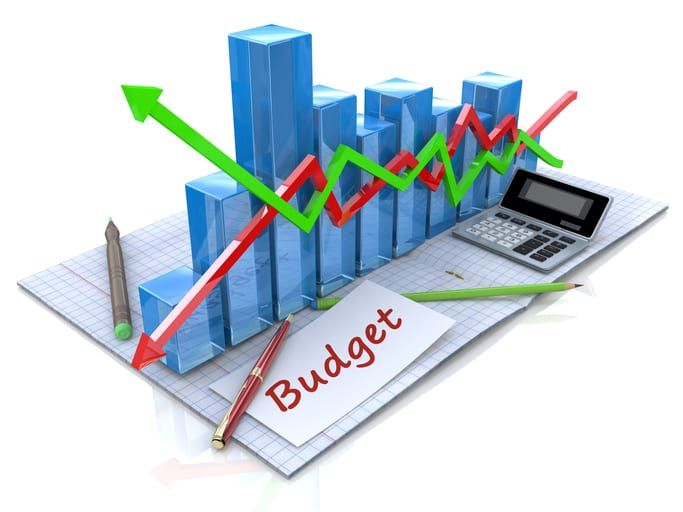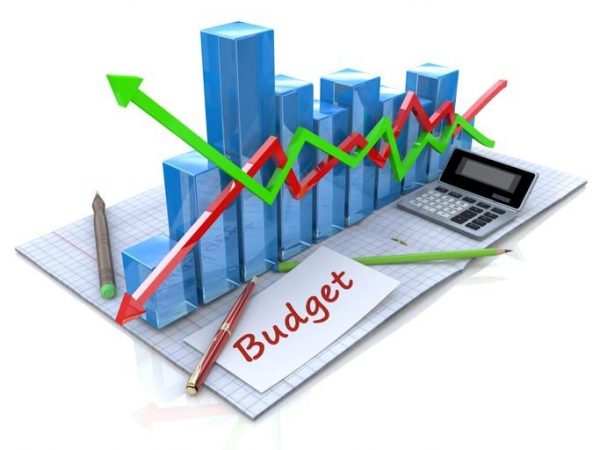An annual budget plays a crucial role in the financial health of any business. It offers a clear overview of your company’s financial standing, providing insights into your income, expenses, and cash flow. A well-crafted annual budget serves as a roadmap, guiding your company towards its financial goals and objectives. By understanding your financial obligations and opportunities, you can make informed decisions that drive growth and sustainability. In this article, you’ll find valuable information on how you can prepare a company’s annual budget.
Read more about Finance
Evaluate the Profit and Loss Statements
Embark on your budgetary journey by evaluating the company’s profit and loss statements. These financial snapshots provide valuable insights into past performance, revealing trends, patterns, and areas for improvement. Scrutinize historical data to identify recurring revenue streams, expenses, and seasonal fluctuations.
Analyze Expenses with Precision
Expenses are the lifeblood of a company’s operations, so analyzing them with precision is paramount. Categorize expenses into fixed and variable costs. Fixed costs remain constant regardless of production levels, such as rent or salaries, while variable costs fluctuate with output, like materials or shipping charges. Understand the drivers of each expense category to make informed projections.
Examine Capital Expenditures with Scrutiny
Capital expenditures, or investments in long-term assets like equipment or property, require careful consideration. Assess the company’s current capital assets, identify potential replacements or upgrades, and evaluate the financial implications of these investments. Prioritize projects that align with strategic goals and contribute to long-term value creation.
Sign up for the Connect Nigeria daily newsletter
-
Calculate Cash Flow
Cash flow, the movement of money in and out of the company, is the lifeblood of a company’s operations. Analyze historical cash flow statements to understand the company’s cash flow patterns and identify potential challenges. Project future cash flows, considering anticipated sales, expenses, and capital expenditures.
Integrate the Budget into the Finance System
Once the budget is finalized, seamlessly integrate it into the company’s finance system. This ensures that the budget is readily accessible for financial reporting, analysis, and decision-making. Regularly monitor actual performance against the budget to identify variances and make timely adjustments.
Register to attend the CN Business Mixer
Final Thoughts
Engage key stakeholders, such as department heads and sales representatives, in the budgeting process. Their insights can enrich the budget and ensure it reflects the company’s overall goals. Leverage budgeting software to streamline the process, automate calculations, and generate reports. This can save time and improve accuracy. Regularly monitor your budget against actual performance and make adjustments as needed. Adaptability ensures that your budget remains relevant and effective throughout the year.
Featured Image Source: Universal Funding
Got a suggestion? Contact us: [email protected]


